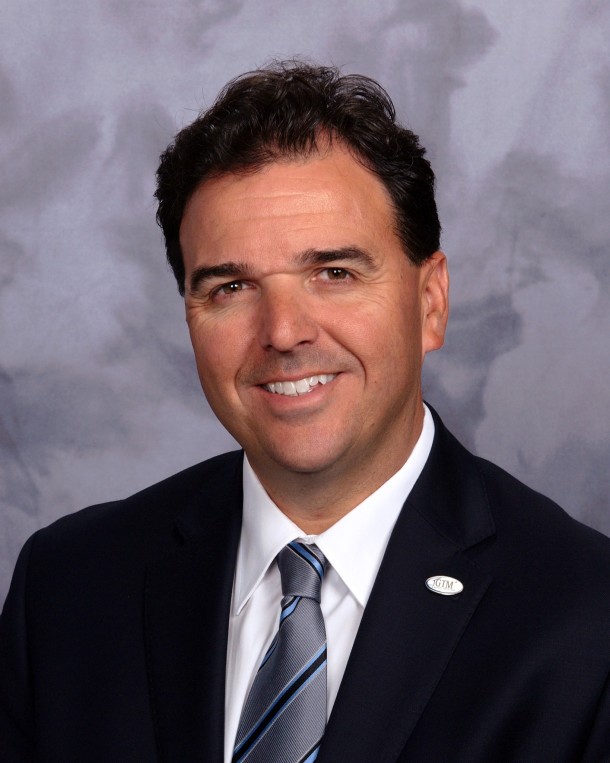
This article is a great recap of staffing issues going into 2020. Please click through to read the full text on our payroll partner's site at gtm.com.
Household Employment Industry
Employee Rights and Protections
It’s hard to believe that at the start of 2010, there were no state laws that specifically addressed rights and protections for household employees. But during 2010, New York became the first state to pass a Domestic Workers’ Bill of Rights, guaranteeing protections for nannies and other employees. Since then, Hawaii, California, Connecticut, Massachusetts, Illinois, Oregon, and Nevada have all passed similar legislation. Recently, Seattle and Philadelphia became the first cities to enact domestic worker rights laws. And in 2019, the National Domestic Workers Bill of Rights Act was introduced in Congress. It is the first-ever national legislation that would ensure the rights and protections of millions of household employees throughout the country.
Several cities and states have also passed paid leave laws this decade. Many of these new paid sick and family leave laws, such as those in Massachusetts, New York, New Jersey, Washington state, and the District of Columbia, include employers who may have a single worker like a family with a nanny, housekeeper or senior caregiver.
And just last month, a court ruling in Massachusetts means au pairs are covered by the state’s Domestic Workers’ Bill of Rights, requiring families to pay minimum wage and overtime, maintain timesheets and obtain workers’ compensation among other obligations…

